Persian rugs stand among your most valuable possessions, requiring maintenance like any other item. Injuries may occur, either unintentionally caused by us, incidents, or simply over time. Regardless of the cause, prioritizing carpet care is essential. Implementing simple yet effective solutions can reduce your costs. However, in cases of damage, referring to the key points mentioned in this text is crucial. Stay with us to discover practical tricks for maintaining your carpets. Persian Rug Repair: Everything You Need to Know about Fixing a Damaged Rug.
- Can you repair Persian rugs?
- How do you fix a damaged rug?
- How do you repair a tear in an Oriental rug?
- Can a hole in a rug be repaired?
In This Blog...
Toggle6 Mistakes in Maintaining Handmade Carpets:
1. Watch out for Insect Pests:
Persian handwoven carpets, crafted from natural materials like wool, are vulnerable to mice, moths, and termites. Use preventive measures like naphthalene, annual carpet movement, and expert inspection for any insect-related wear or tear.
2. Carpet Roots Indicate Carpet Health:
Wear or loss of carpet roots signals potential destruction. Timely repairs by Iranian carpet specialists can prevent fiber damage. Techniques like root tying and annual cleaning with natural agents enhance root life.
3. Avoid Heavy Weight on the Carpet:
Placing furniture on the carpet requires care. Regularly rotate the rug and refrain from pulling heavy weights, preventing pile damage. Neglecting this can lead to broken piles or tearing.
4. Be Careful of Sunlight:
Protect your carpet from direct sunlight to prevent color fading and pile damage. Proper curtains or window treatments help maintain the carpet’s color and durability.
5. Avoid Humid or Dusty Places:
Never place the carpet in prolonged dirty or wet conditions. Swiftly dry a wet carpet and perform basic maintenance like low-pressure vacuuming or shaking outdoors.
6. Avoid Unprofessional Practices:
Improper DIY repairs can lead to increased damage. Persian carpet cleaning, washing, and repair should be entrusted to experts familiar with Iranian carpets. Always seek guarantees and compensation assurances.
Common Persian Rug Repairs
1. Fringe Repair:
Fringe repair is a common need for Persian or Oriental rugs. While it may seem like a decorative element, the fringe is vital, acting as the rug’s backbone. Timely repairs are crucial to prevent further unraveling of the rug’s pile. Various methods, such as re-securing loose fringes and trimming them evenly, can be employed.
Notice: Repairing Persian carpets requires a special kit that includes wool or fluff yarn matching the color and material of the carpet pile, yarn, scissors, a large needle, special wax, an inclined board, and other necessary tools. Ensure all the required tools are ready before starting the repair work.
2. Side Binding Repair:
The sides of Persian rugs without fringe are finished by tying the wool to maintain the rug’s shape. Immediate attention is required when these ends come loose. Skilled experts carefully rewrap the edges with matching wool, restoring clean, straight lines and giving the rug a new appearance.
Notice: To undertake this type of Oriental rug repair, a high level of expertise is essential. In some cases, the wefts of a section of the carpet may need to be fully opened and rewoven with wool. This demands a truly artistic and specialized touch.
3. Repiling:
Repiling is subjective, with some viewing normal wear as adding character to antique rugs. However, when the pile becomes too low, exposing the foundation, repairs are essential to prevent irreparable damage. Repiling, though challenging, requires an experienced repairer with a diverse skill set.
4. Repairing a Hole:
Professional cleaning is crucial before repairing a hole in a Persian carpet. This ensures correct color matching and facilitates the weaving process. After cleaning, the missing foundation is rebuilt, and the weaver meticulously recreates the missing pattern, trimming the wool to match the existing pile height.
5. Moth Damage:
Moth damage, common in wool rugs, requires various repair approaches, from repiling to rebuilding the rug’s structure. The extent of the work needed can be assessed by an expert.
Notice: Clothes moth damage can be deceptive, potentially destroying large areas of carpet without being immediately noticeable. Therefore, it is crucial to address this issue with the expertise of a specialist.
Handwoven Carpet Repair Cost
Determining the cost of handwoven carpet repair is not a precise matter; it depends on several crucial factors, with the top three being:
1. The extent of tearing and the area in need of repair.
2. The type of remediation required; for example, burn remediation differs significantly from other types of carpet damage.
3. The type of carpet, Refurbishing a hand-woven Qom silk carpet will have a different cost compared to refurbishing a Kashan wool or Bakhtiari fluff carpet. This is because machine refurbishment is not possible for hand-woven carpets, and the cost varies based on factors like the delicacy of the carpet, the extent of damage, and the skill required for refurbishing.
What to Do If Your Rug is Damaged:
If you notice damage to your Oriental rug, two crucial steps should be taken. First, have it repaired promptly to prevent worsening damage and extensive repairs. Second, consult a reputable rug repair professional. A skilled expert focused on maintaining the rug’s integrity during repairs is essential. Be cautious if painting the rug is suggested, as it can compromise integrity and decrease its value. The weaver should provide a detailed explanation of necessary repairs and a price estimate before proceeding.
Now you know how to Persian Rug Repair: Everything You Need to Know about Fixing a Damaged Rug. Did you have a similar experience?
Follow us on Facebook
Please rate Stellar
Your page rank:

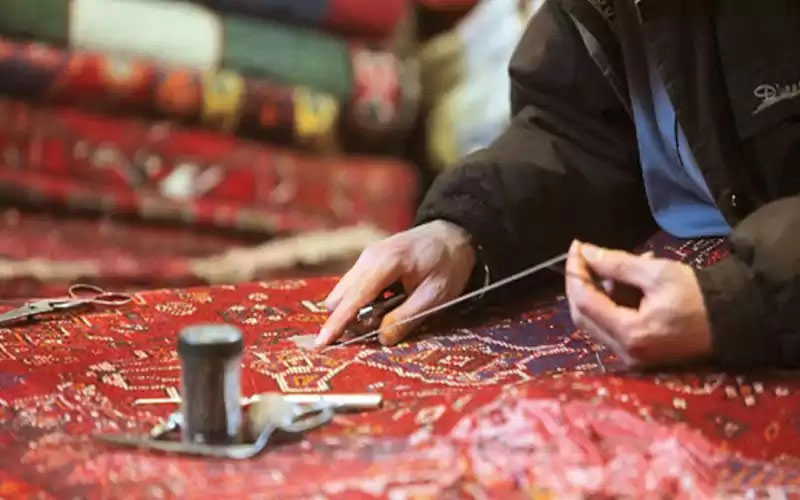
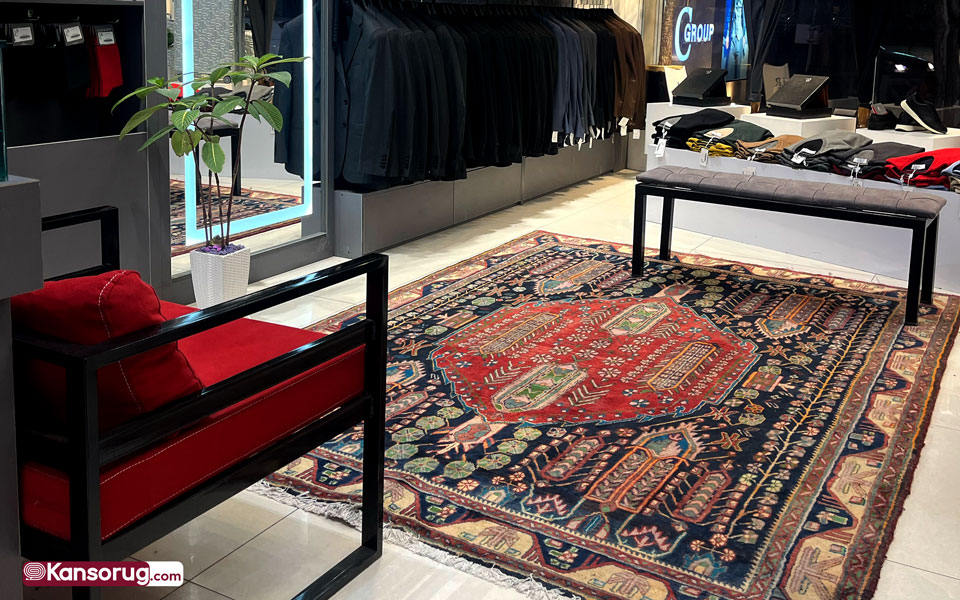
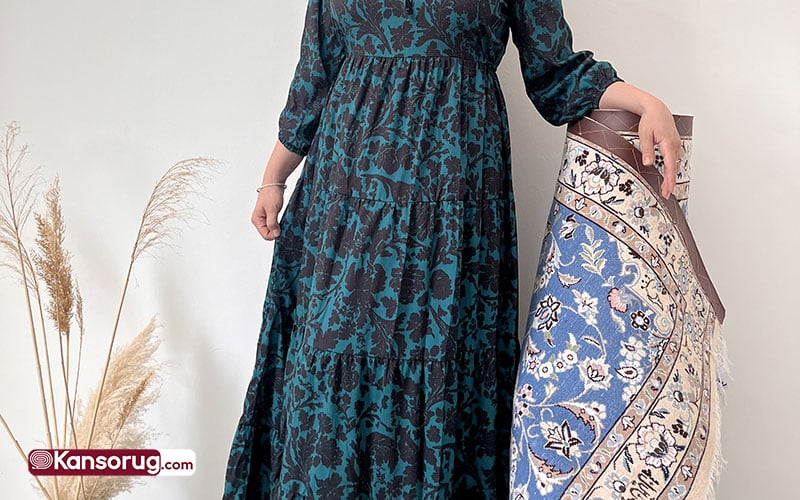
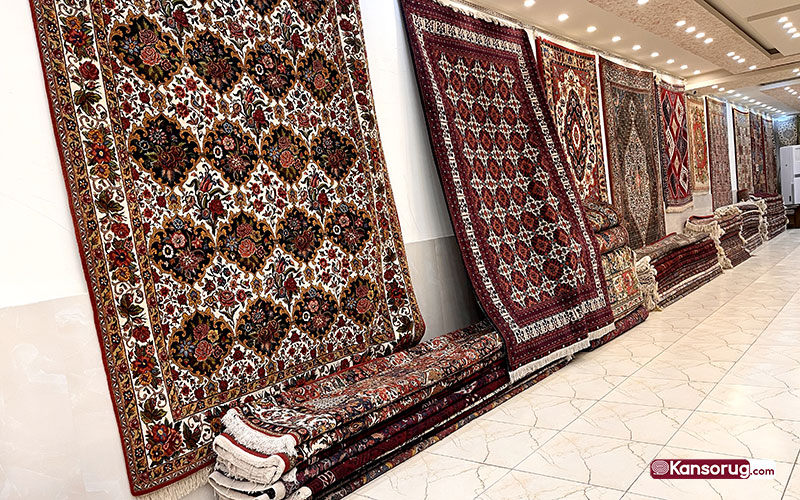
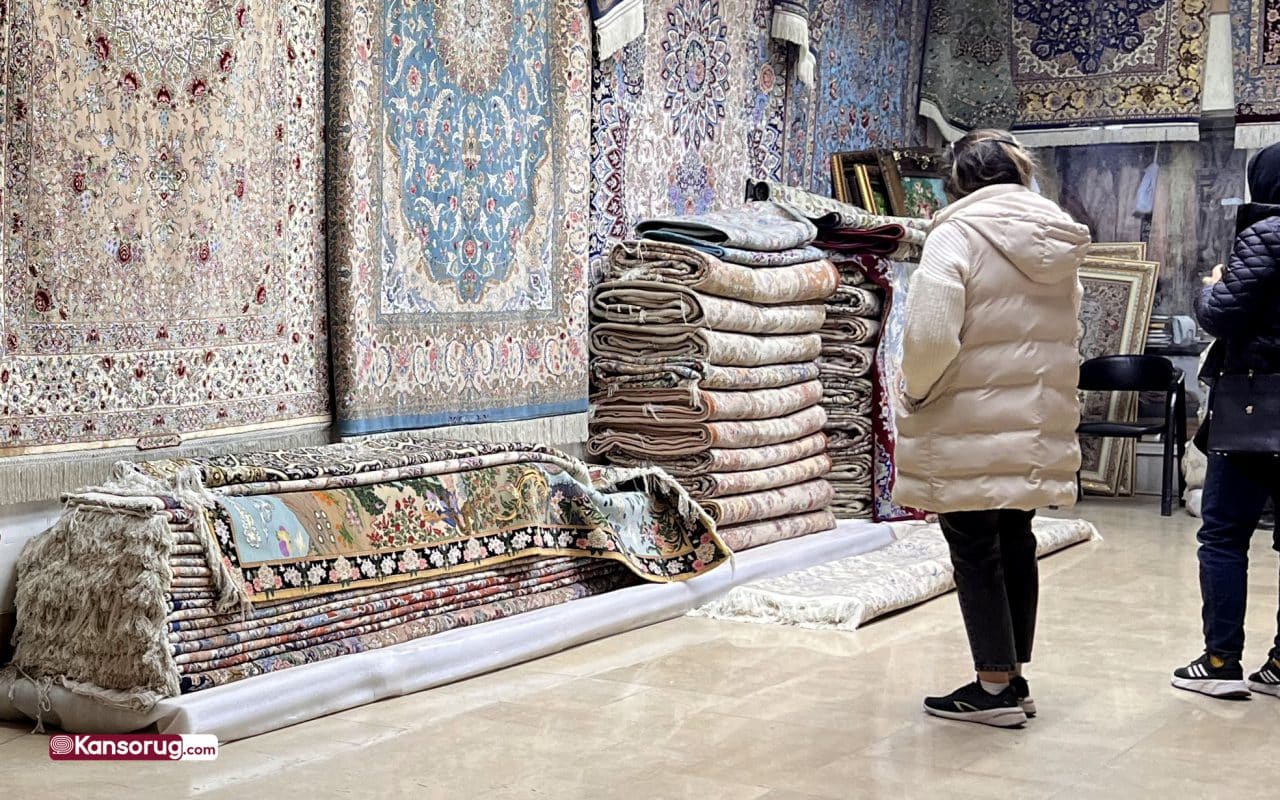
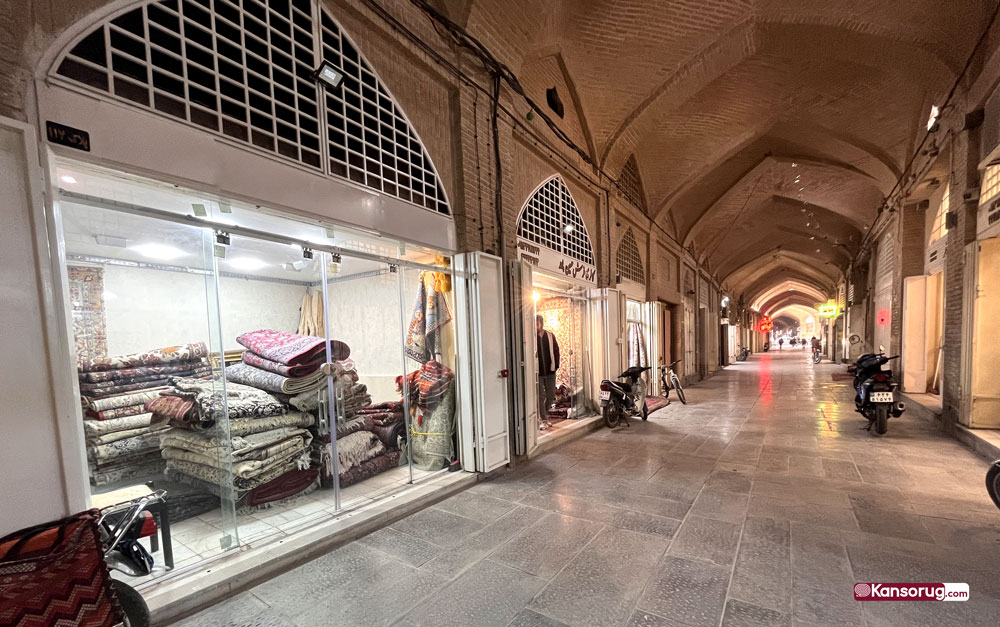
Awasome post bro thank you